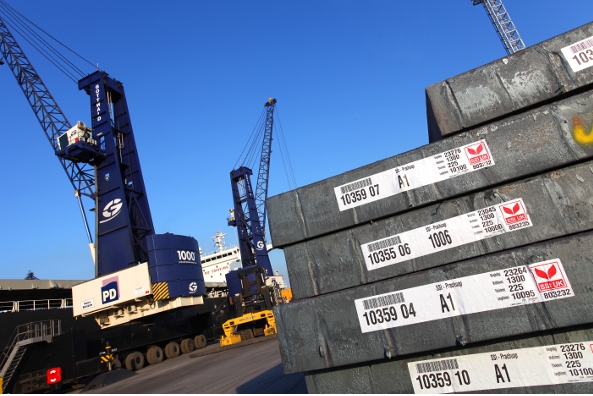UK Exporters Warned They “Face New Year’s Day Nightmare”
8th June 2020

UK firms may need to bring in inspectors from the EU after January 1 to ensure their goods can leave ports for mainland Europe without being subject to technical checks at the other end, a trade policy expert has warned.
Dr Peter Holmes of the UK Trade Policy Observatory (UKTPO) is warning firms may need to pay to have EU-approved inspectors visit their factories to certify their exports meet EU regulations – even in the event of a Free Trade Agreement between the UK and EU.
The University of Sussex Business School economist warns chaos may ensue for British port authorities in the first days of the new trading arrangements – particularly if French officials insist on checking if the UK has continued to uphold international obligations on health and safety regulations on food products through physical inspections.
Dr Holmes is advocating for an implementation period to follow the end of the transition period on December 31 to ease a smoother changeover.
Dr Holmes, a UKTPO member and Reader in Economics at the University of Sussex Business School, said: “On the day the transition period ends, the British Government, if it has its way, will lose all legal obligation to enforce the EU technical regulations. But that means its new “light touch” testing regime could kick in at once.
“The EU or the French Government could well say the day before the end of transition, you had an international obligation to make sure that inspections took place that made sure health and safety requirements for food products were enforced or other technological requirements. But no longer. So we are no longer going to accept certificates issued after the end of Transition if there is only a very basic FTA or the No Deal, we are going to insist that inspections are carried out by our own people.
“This might mean that things will have to be checked as they cross the border. For a lot of cases, to get the paperwork that will exempt your product from physical inspection you’re going to have to fly someone in from a standards testing agency in the EU which is accredited under EU rules to certify compliance with EU rules. And that’s going to be quite a problem for a lot of firms.”
He added that Covid-19 had added even greater uncertainty to the Brexit process – particularly around what regulatory changes or customs practices the EU will insist upon on public health grounds.

